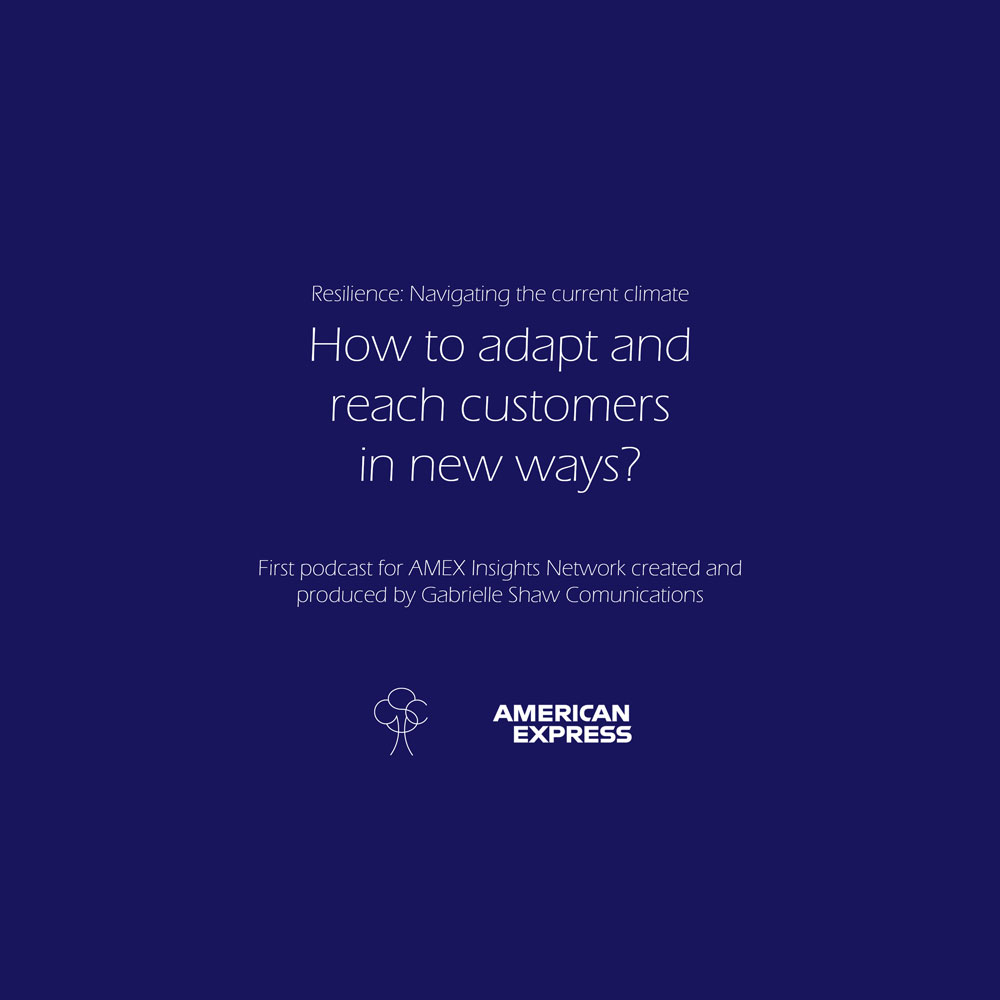The Mobility of Wealth
Published 09 / 05 / 2025The Mobility of Wealth
In 2025, the UK is expected to see 16,500 millionaires relocate abroad, representing nearly £68 billion in investable assets, the largest wealth outflow globally. As capital and talent become more mobile, family offices are at the centre of this shift, guiding principals toward strategies that protect legacy, seize opportunity, and build long-term resilience.
Tax Reform as a Turning Point
April 2025 marks the end of the UK’s long-standing “non-dom” regime, a cornerstone of the country’s appeal for internationally mobile families. Under the new framework, new arrivals will be taxed on worldwide income after four years, while long-term residents will face inheritance tax on global assets. For many HNWI’s, such reforms are decisive as relocation often becomes a necessary step to preserve wealth. By contrast, UHNWIs, whose influence and resources extend globally, are less constrained by single-jurisdiction tax changes. Rather than relocating entirely, they typically diverse bases of operation, maintaining multiple homes and structuring wealth across several jurisdictions. For them, relocation is rarely about tax alone; it is about access, legacy and influence.
This policy change is driving more than tax restructuring. Family offices are revisiting succession planning, estate continuity, and the geographic anchors of family legacies. Structures such as trusts, foundations, and holding companies are being reconfigured to ensure continuity across jurisdictions. At GSC, our Private Client Advisory works with family offices to future-proof these foundations while helping families cultivate influence and craft purpose-driven narratives that endure for generations.
London Remains a Global Hub, But Not the Only One
London retains its prestige as a financial and cultural capital, but its dominance is no longer singular. Post-Brexit adjustments encouraged institutions to expand operations into Frankfurt, Amsterdam, and Paris. For globally mobile families, this diversification creates a more dynamic ecosystem of opportunity. Family offices are responding by positioning principals in hubs where financial infrastructure, innovation, and lifestyle align most closely with long-term ambitions.
Where Wealth is Flowing
The current relocation wave highlights a few standout destinations:
- UAE: Zero income and capital gains tax, combined with global connectivity and quality of life, has cemented Dubai and Abu Dhabi as established wealth centres.
- United States: Less about tax and more about access, the U.S. remains unrivalled in venture capital, entrepreneurial energy, and global business networks.
- Italy: Italy has emerged as one of the most compelling destinations in Europe, with Milan experiencing an influx of wealthy families and executives, drawn by the flat-tax regime, with is favourable to new residents, their income and assets for a prolonged period. Milan offers not only fiscal advantages, but also a cultural vibrancy and connectivity, attracting financiers, entrepreneurs and UHNWIs.
- Switzerland, Monaco & Australia: Each combines favourable frameworks with lifestyle advantages and political stability, attracting families seeking both opportunity and continuity.
Relocation strategies are highly coordinated. Family offices oversee every detail — from domicile shifts and governance structures to asset diversification and philanthropic planning — ensuring efficiency, resilience, and security. This mobility is not limited to billionaires. Increasing numbers of young professionals are leaving the UK for hubs like Dubai, citing high taxes, wage stagnation, and the city’s 2033 Quality of Life strategy. This convergence of established wealth and emerging talent reinforces Dubai’s position as a magnet for global capital.
Between 2021 and 2023, the UK lost 18 billionaires — roughly a quarter of its billionaire population — with many expanding internationally while retaining a London presence. Family offices are central to these strategies, ensuring decisions are forward-looking and aligned with broader family objectives, rather than reactive moves.
Ripple Effects: Challenges and Opportunities
These shifts ripple across sectors. In London, luxury property markets in Belgravia and Knightsbridge are adjusting to fewer ultra-high-net-worth buyers. Talent outflows may also affect fintech, biotech, and innovation ecosystems, with long-term cultural implications for the UK. Milan’s social fabric is also evolving rapidly, with new international clubs and luxury venues such as Casa Cipriani and Soho House Milan, and while some locals celebrate the cosmopolitanism, others view it as a loss of authenticity.
At the same time, opportunities emerge. Family offices are expanding beyond looking at tax advantages alone and beginning to assess political stability, reputational risks, and lifestyle factors when evaluating new host countries. They are also rethinking influence, not only through capital deployment but through visibility in global networks and thought leadership platforms.
At GSC, we help family offices navigate this new era by facilitating access to ultra-high-net-worth peers through exclusive roundtables and luxury events, and by building trust through strategic communications and thought leadership. These initiatives ensure families are not just adapting to global realignment but shaping it, securing both continuity and influence for the next generation.




